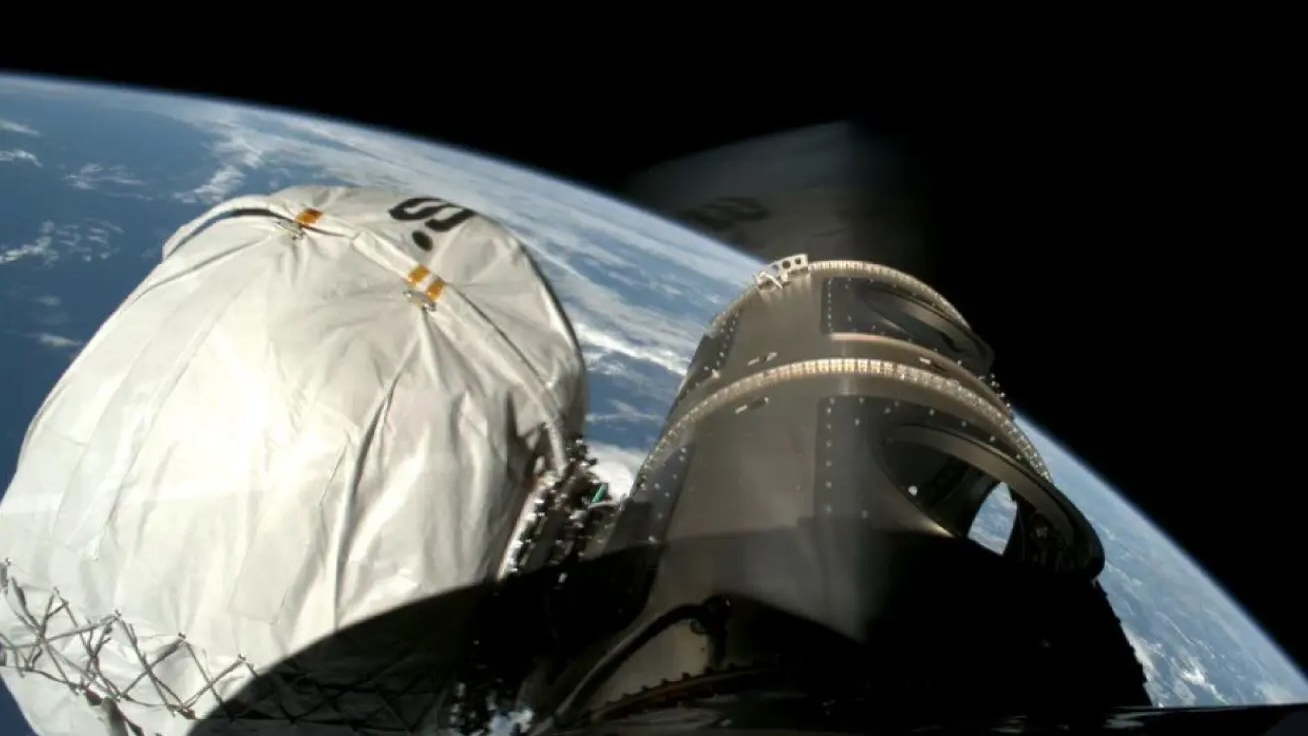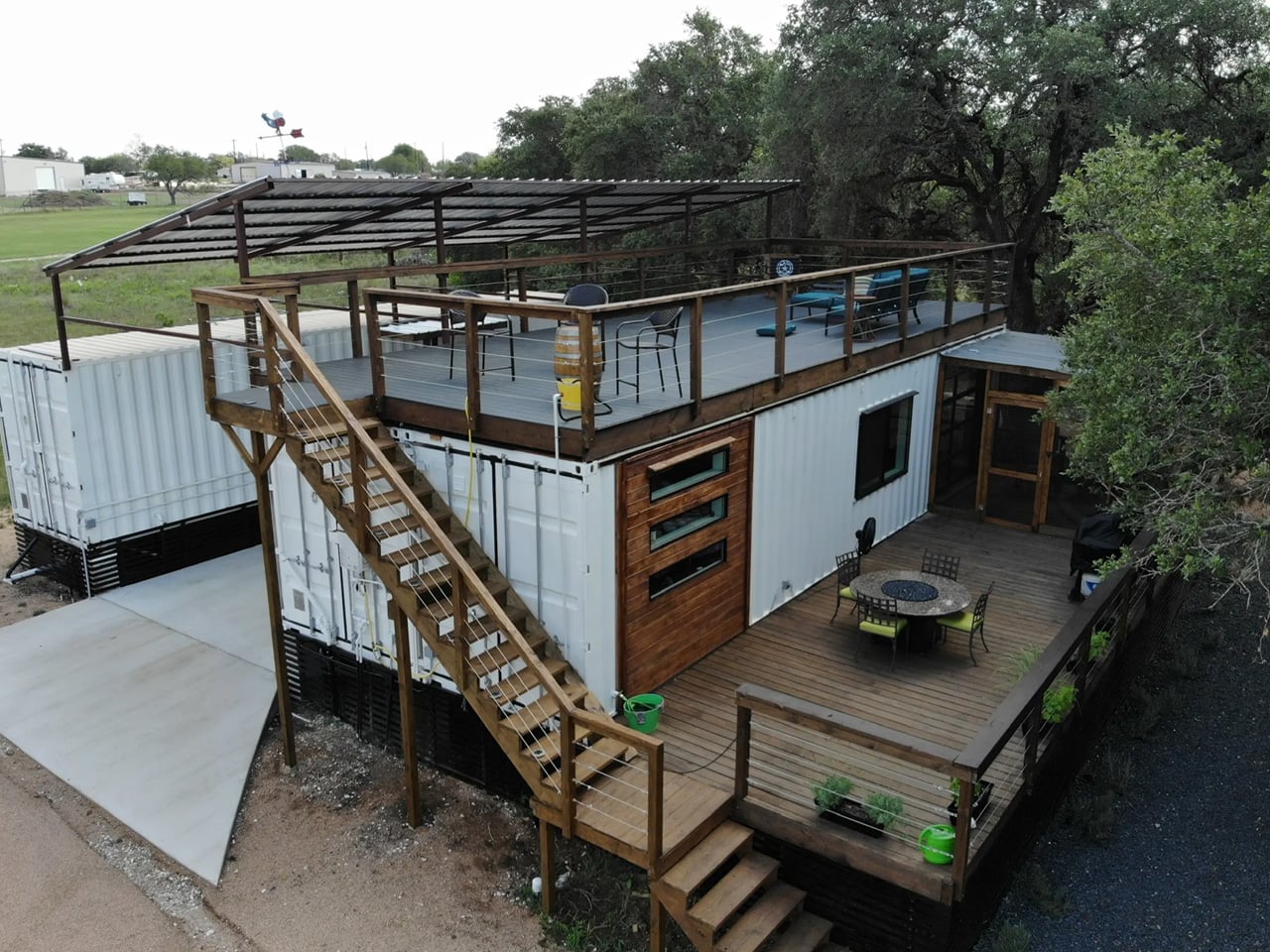Elon Musk's DOGE Got Access to Network Containing Nuclear Secrets
Two young members of Elon Musk's Department of Government Efficiency had the ability to access classified networks holding highly classified information about the United States' nuclear weapon stockpile for two weeks. As NPR reports, Luke Farritor, a 23-year-old former SpaceX intern and venture capitalist Adam Ramada were given access despite having zero experience with handling classified information of any kind. Musk's DOGE has repeatedly raised eyebrows for rooting around classified government data, triggering several lawsuits. The so-called department has gained access to a treasure trove of highly classified and sensitive personal data, drawing the ire of lawmakers. In February, CNN […]


Two young members of Elon Musk's Department of Government Efficiency were granted the ability to access networks holding highly classified information about the United States' nuclear weapon stockpile for two weeks.
As NPR reports, a 23-year-old former SpaceX intern named Luke Farritor and a venture capitalist, Adam Ramada, were given access — despite having zero experience with handling classified information of any kind.
Musk's DOGE has repeatedly raised eyebrows for rooting around classified government data, triggering several lawsuits. The so-called department has gained access to a treasure trove of highly classified and sensitive personal data, drawing the ire of lawmakers.
In February, CNN first reported that Farritor was granted access to the Department of Energy's IT system, despite protests from the department's general counsel and chief information office. The same system was used by the National Nuclear Security Administration (NNSA), which is in charge of safeguarding the country's stockpile of nuclear weapons.
Now, two sources told NPR that Farritor and Ramada could easily be seen on the directories of the NNSA's networks, which can conventionally only be accessed through specific terminals in secure rooms designed for accessing classified information.
While a DOE spokesperson initially denied the report, a spokesperson admitted to NPR this week that Farritor and Ramada's accounts did exist, though they claimed they were "never activated" or "accessed."
Following CNN's reporting in February, secretary of energy Chris Wright also dismissed the news as "rumors," claiming that "none of that is true at all."
In the midst of all this trickle-truthing, we still don't know how much access to classified information the two DOGE agents really had. Insider sources told NPR that the existence of the accounts wouldn't necessarily mean they would have the same access as other staffers with the highest level of clearance at the DOE.
It's nonetheless a worrying development, indicating DOGE staffers could represent major weaknesses in systems designed to keep sensitive information from falling into the wrong hands.
The NNSA itself experienced an existential threat earlier this year, when DOGE attempted to fire hundreds of workers — only to reverse the decision shortly after.
DOGE's shady work at the nuclear agency is only a small part of a much broader infiltration. Earlier this month, National Labor Relations Board whistleblower Daniel Berulis claimed that DOGE had caused a "significant cybersecurity breach" after noticing a major exfiltration of sensitive data. As NPR reported at the time, DOGE appeared to ignore security practices after being given unrestricted permission to read, copy, and alter data.
Members of Congress were appalled by the news, accusing DOGE of stealing nonpublic information.
In short, the carelessness of DOGE and the Trump administration's actions — perfectly illustrated by secretary of defense Pete Hegseth using Signal to inadvertently discuss war plans with a groupchat to which a journalist had accidentally been added — is baffling, to say the least.
In a sense, whether Farritor and Ramada accessed highly sensitive data regarding the nuclear stockpile is besides the point. Why were two extremely underqualified individuals even handed these accounts in the first place?
With all this sloppiness, it could just be a matter of time before we see a cybersecurity breach of epic proportions. The early warning signs are there: Berulis revealed that the NLRB had blocked multiple login attempts from an IP address in Russia —which apparently had valid credentials for a newly-created DOGE user account.
More on DOGE: Elon Musk Has Become Toxic Waste to the Average Person, New Poll Shows
The post Elon Musk's DOGE Got Access to Network Containing Nuclear Secrets appeared first on Futurism.









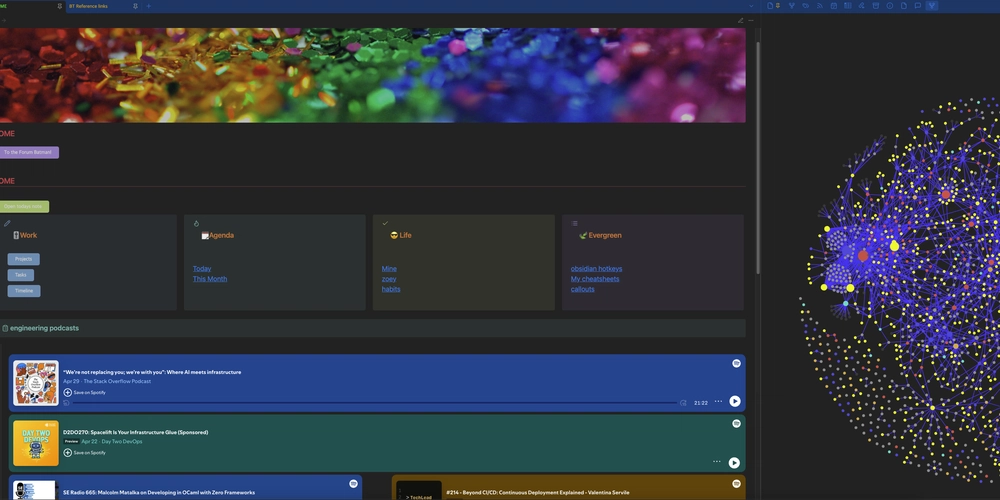

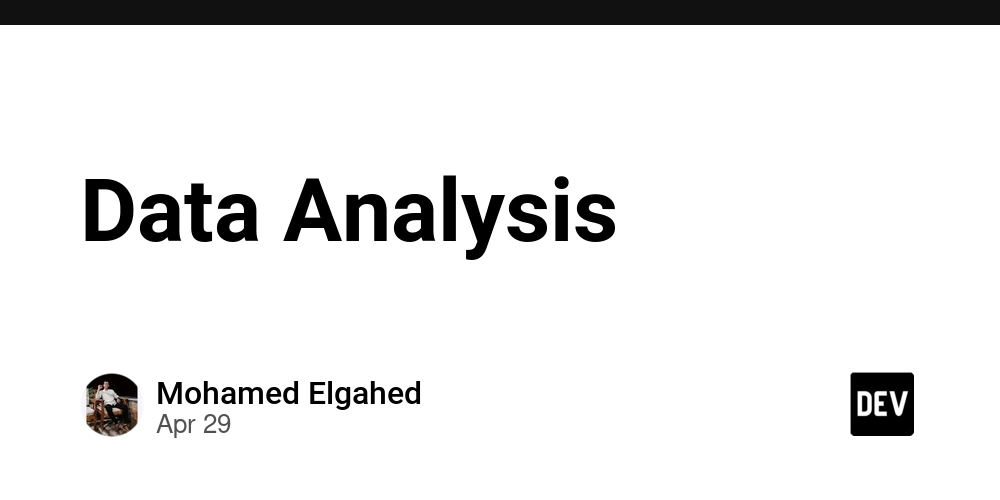
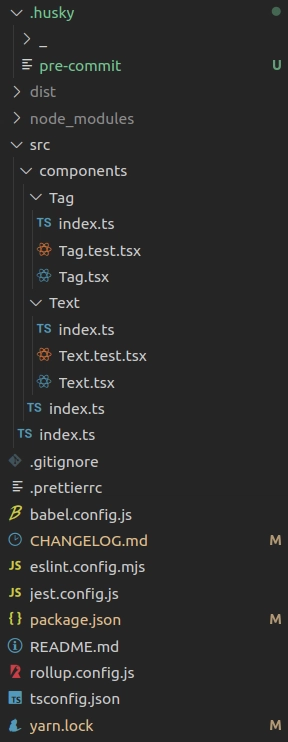








.jpg?#)















